Does the Error Cease to Exist Once the Message is Understood?
The nature of error is a fascinating and complex subject, one that has occupied the thoughts of philosophers, scientists, and artists for centuries. Can an error truly be erased, or does it linger despite being understood? This question gains further depth when applied to historical narratives and cultural perceptions, such as the transformation of pulque from a stigmatized drink to an accepted and even celebrated part of Mexican heritage.
Pulque, a traditional Mexican beverage made from the fermented sap of the maguey plant, has a long and intricate history. Its origins stretch back to pre-Hispanic civilizations, where it was considered sacred and consumed primarily by priests and nobility. However, with the arrival of Spanish colonial rule, pulque’s status underwent a drastic shift. It was labeled as a pagan drink, associated with indigenous rituals and deemed inappropriate by the Catholic viceroyal authorities.
During the 19th and 20th centuries, pulque experienced another transformation. Various historical accounts from that time indicate that the drink was no longer seen exclusively as a relic of indigenous customs. Instead, it became a staple among the working class, shifting from its previous spiritual significance to a more social function. This transition was not without resistance or controversy. While some embraced pulque as a beverage of the people, others continued to view it through the lens of prejudice and class distinction.
The Metaphor of Error in Pulque Heras
Pulque Heras, a conceptual exploration by artist Mike Gómez and curated by Hi! Estudio, delves into the intersection of error, perception, and free will. Through the story of a fictional character whose personal journey mirrors the evolving status of pulque in Mexican society, this work challenges the boundaries of what is deemed right and wrong.
At its core, Pulque Heras invites audiences to consider the power of interpretation. When something is misjudged or misunderstood, does it constitute an error, or is it simply a different perspective? And if clarity is eventually achieved, does the error disappear, or does it remain embedded in the cultural memory?
The character in Pulque Heras embodies these questions. He exists in a space of uncertainty, shaped by societal views that fluctuate between acceptance and rejection. Just as pulque was once considered unclean and unfit for consumption by the elite, he too experiences an imposed perception of error. Yet, as history has shown, these judgments are not fixed—they evolve with time, understanding, and shifting societal values.
The Role of Free Will in Correcting Errors
One of the most thought-provoking aspects of Pulque Heras is its examination of free will. Do we, as individuals and as a society, have the autonomy to redefine what is considered an error? Or are we bound by historical narratives and preconceived notions that dictate what is right and what is wrong?
Pulque’s journey from sacred elixir to forbidden substance, and eventually to a common social drink, illustrates how perceptions change based on context and power structures. Similarly, the character in Pulque Heras navigates a world where his actions and identity are judged according to shifting standards. His ability to challenge these perceptions and redefine himself mirrors humanity’s ongoing struggle to break free from inherited biases and reframe historical errors.
The Persistence of Error in Cultural Narratives
Even as pulque has shed its pagan label and gained recognition as a valued cultural tradition, questions remain about the persistence of error in how we define correctness. Can something once deemed incorrect ever truly be freed from that judgment? Or does it carry traces of its past misinterpretation, subtly influencing how it is perceived today?
Pulque’s resurgence in popularity in recent years suggests that errors in judgment can be rectified, but they may never fully disappear. The lingering effects of past stigma can still be felt in the way some view the drink, its consumers, and its place in society. Similarly, the character in Pulque Heras is never entirely free from the shadow of his imposed identity—he must continually navigate a world that oscillates between acceptance and exclusion.
This conceptual exploration raises larger questions about how cultures reassess their histories. If an entire society can misjudge something as simple as a beverage, what other errors have been made in interpreting traditions, people, and events? More importantly, how can we ensure that we do not continue to perpetuate these mistakes?
A Contemporary Reflection on Error and Understanding
The themes explored in Pulque Heras extend beyond historical analysis and into contemporary discourse. In today’s rapidly evolving world, where information is constantly reinterpreted, the concept of error takes on new dimensions. Social norms shift, scientific discoveries challenge previous understandings, and historical narratives are rewritten to include previously overlooked perspectives.
Just as pulque was once seen through a narrow lens before being re-evaluated, many aspects of modern life undergo similar processes of reassessment. Consider how certain artistic expressions, scientific theories, or cultural practices have been labeled as incorrect or inappropriate in one era, only to be later recognized as valuable and essential.
This phenomenon underscores the importance of remaining open to reinterpretation and questioning rigid definitions of correctness. If we acknowledge that errors may not be absolute but rather contingent on perspective and context, we create space for a more nuanced and inclusive understanding of the world.
Conclusion: The Fluidity of Error and Truth
Pulque Heras challenges us to rethink our relationship with error. It suggests that mistakes, misjudgments, and misunderstandings are not necessarily final—they are part of an ongoing process of learning and re-evaluating. Whether in the case of pulque or the journey of its fictional protagonist, what was once considered wrong may, in time, be recognized as simply misunderstood.
Does the error cease to exist once the message is understood? Perhaps the answer lies not in erasing past mistakes, but in acknowledging their influence and allowing new interpretations to emerge. Through historical examples, artistic explorations, and personal reflections, Pulque Heras reminds us that understanding is not a destination but a continuous journey—one that requires curiosity, openness, and the courage to challenge preconceived notions.
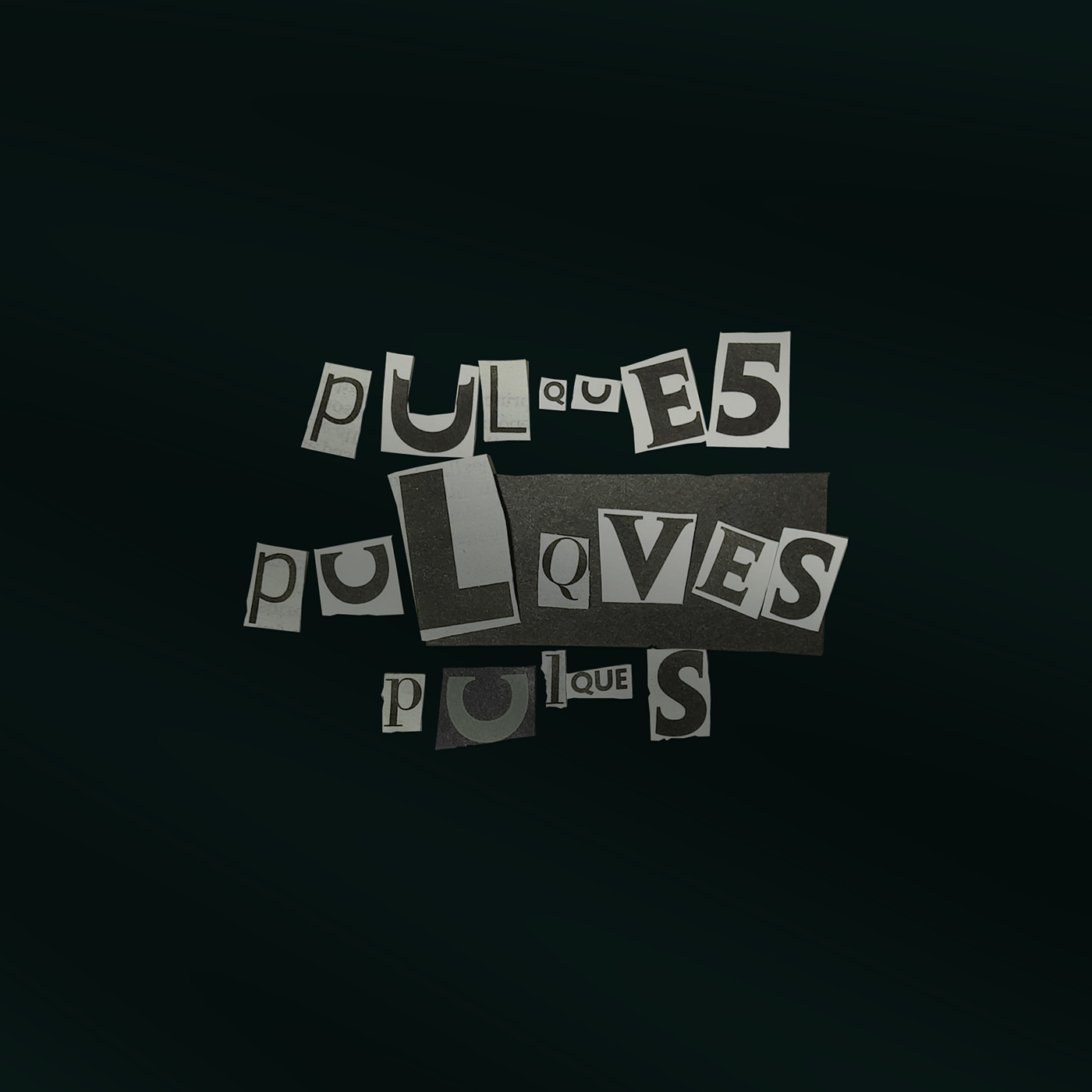
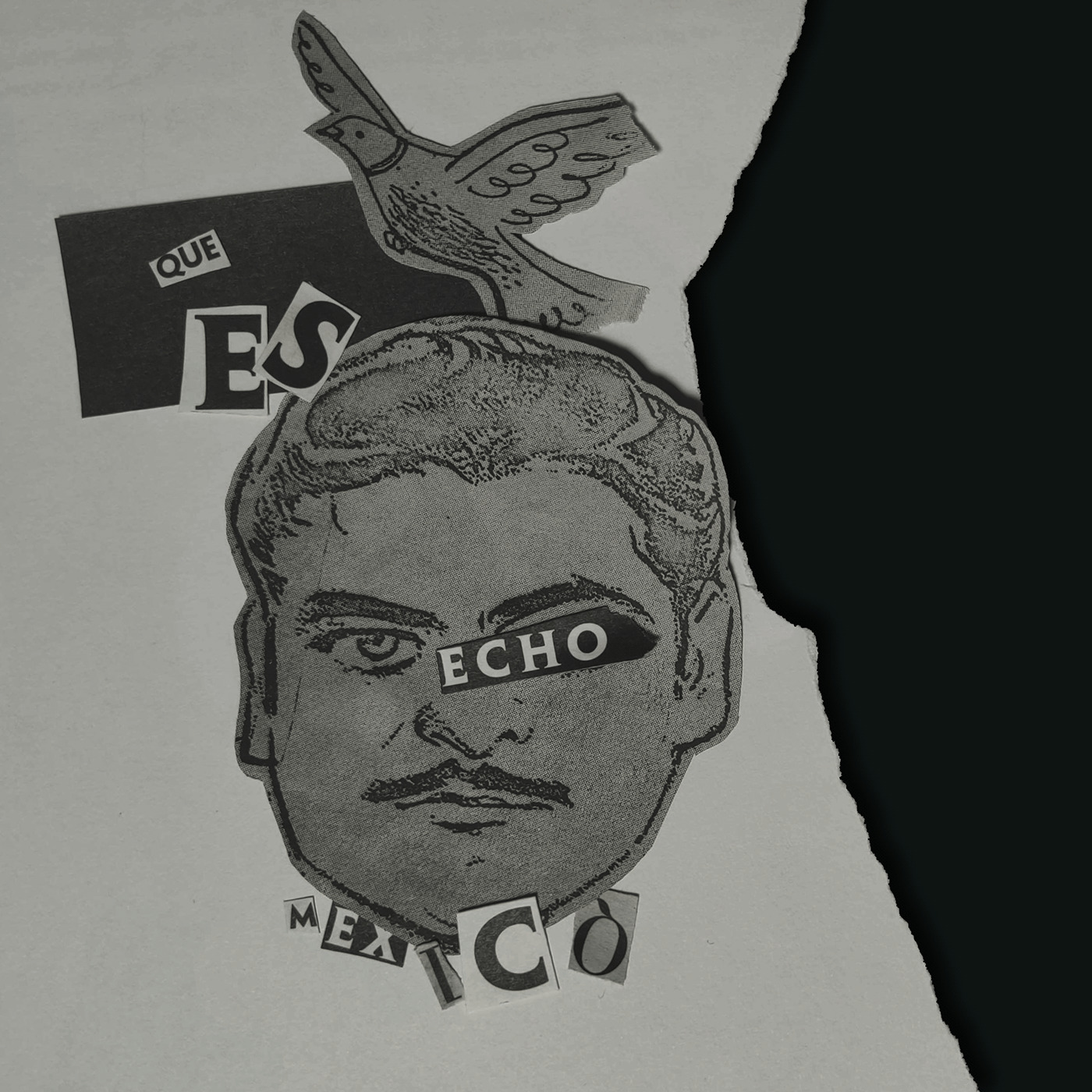
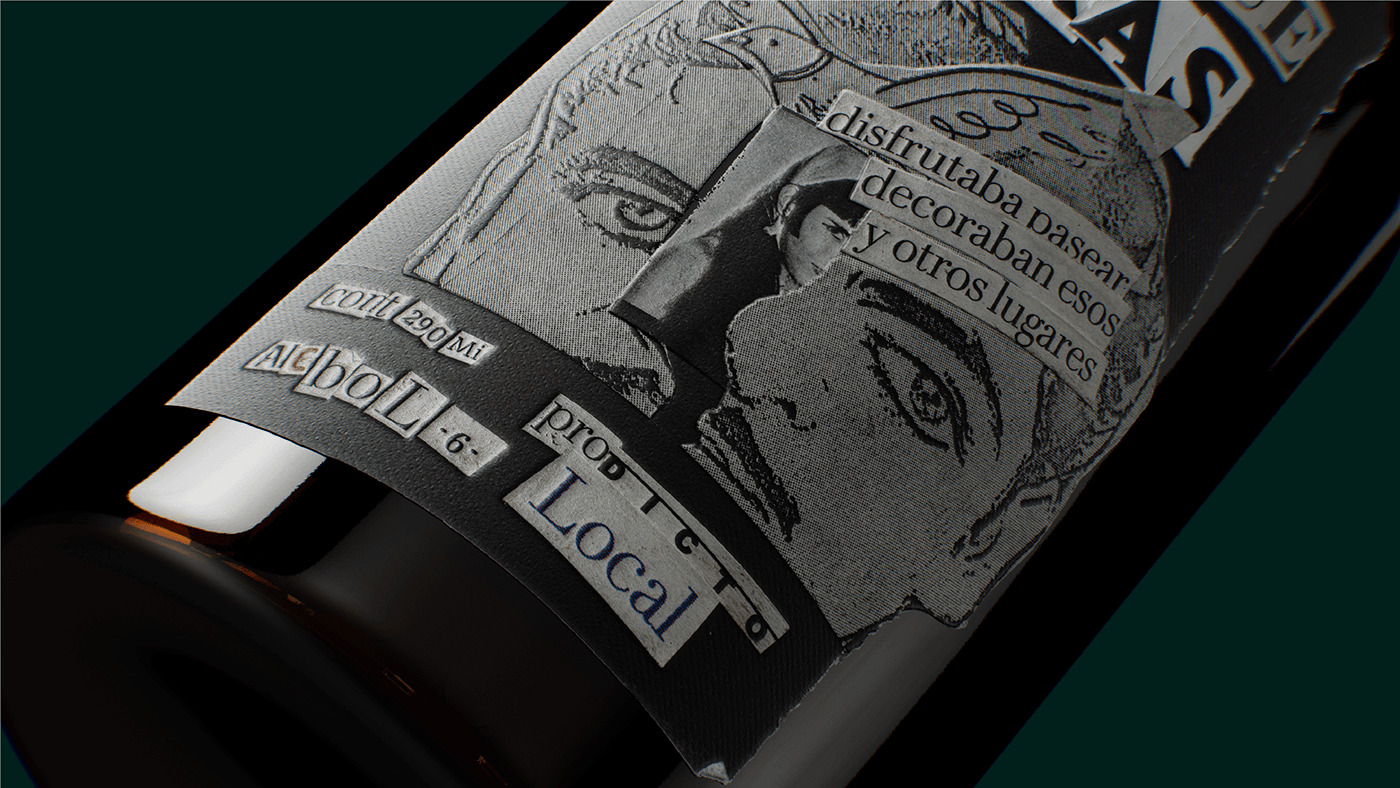
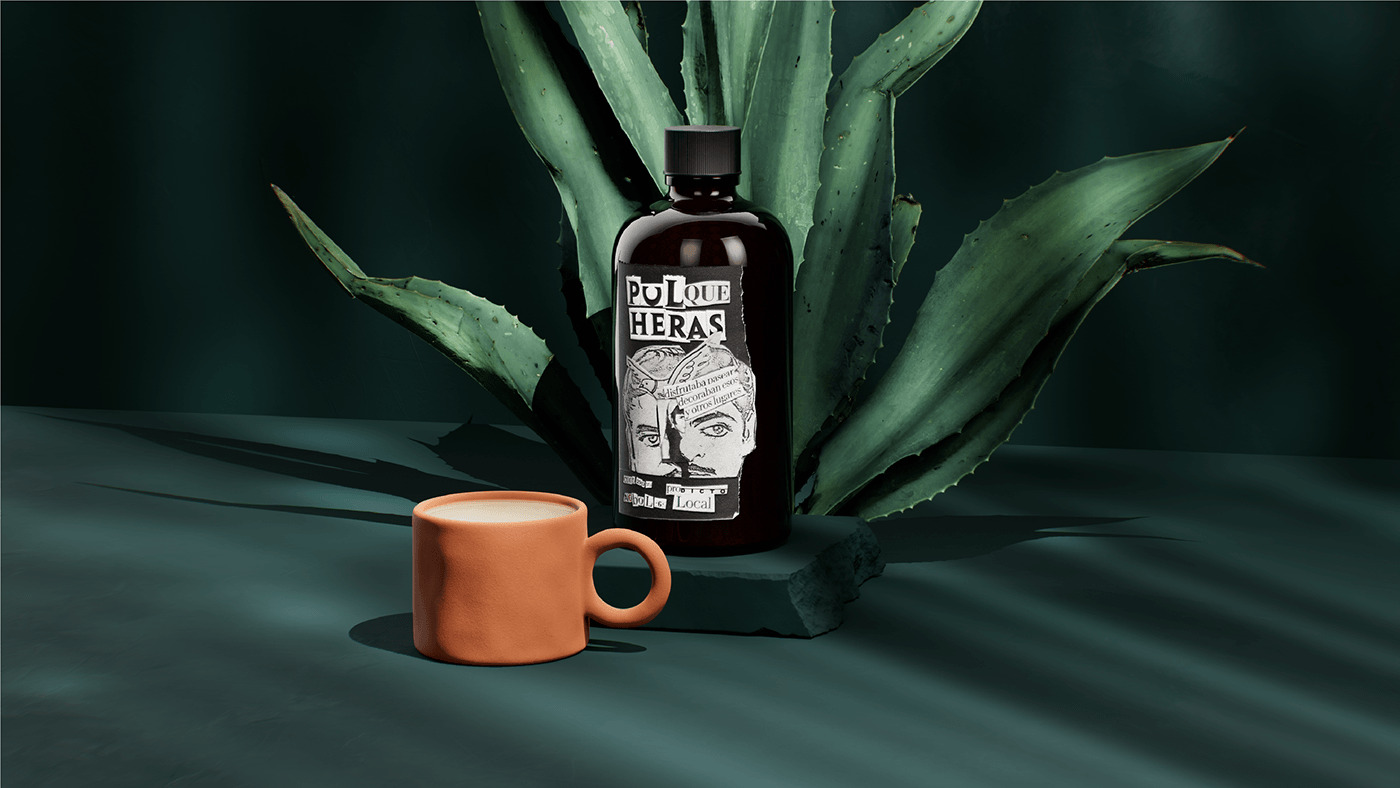
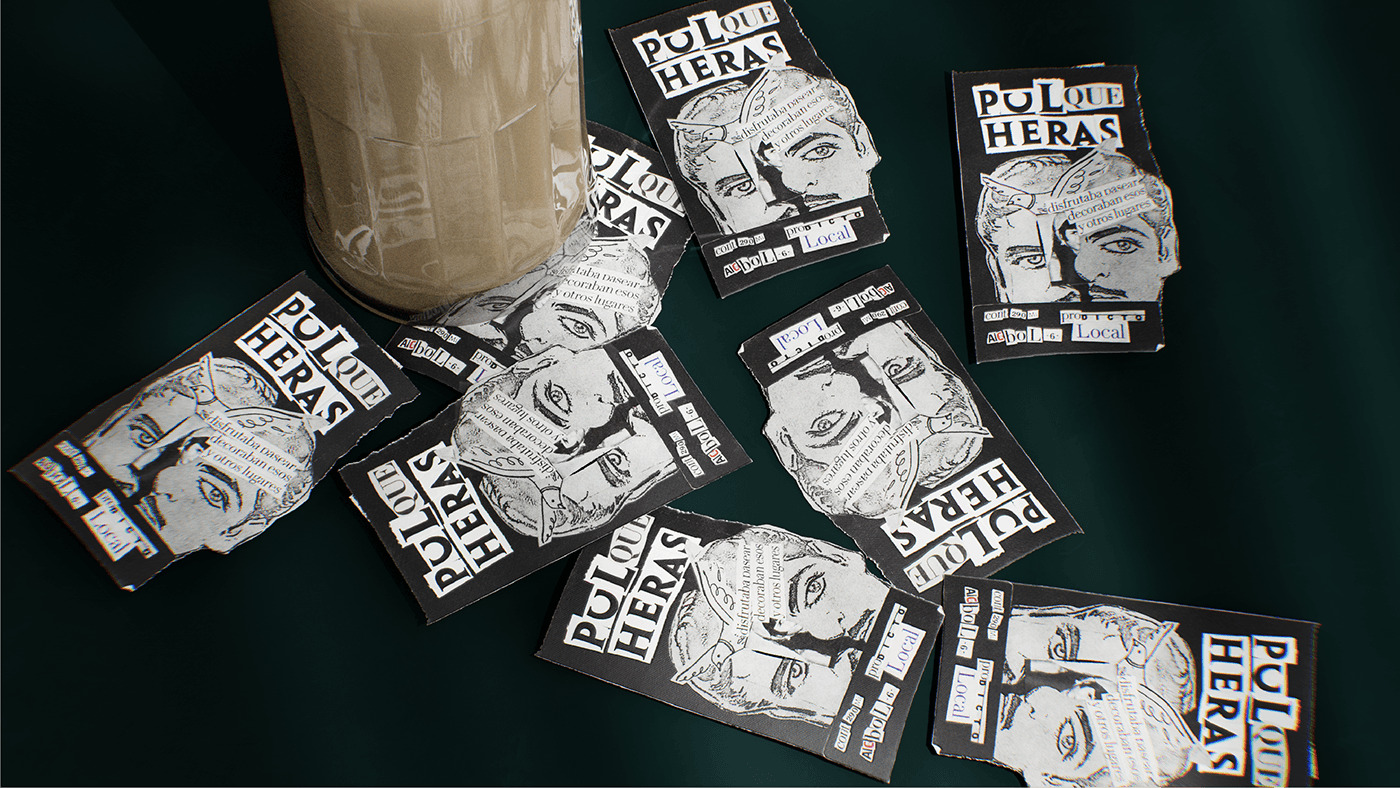

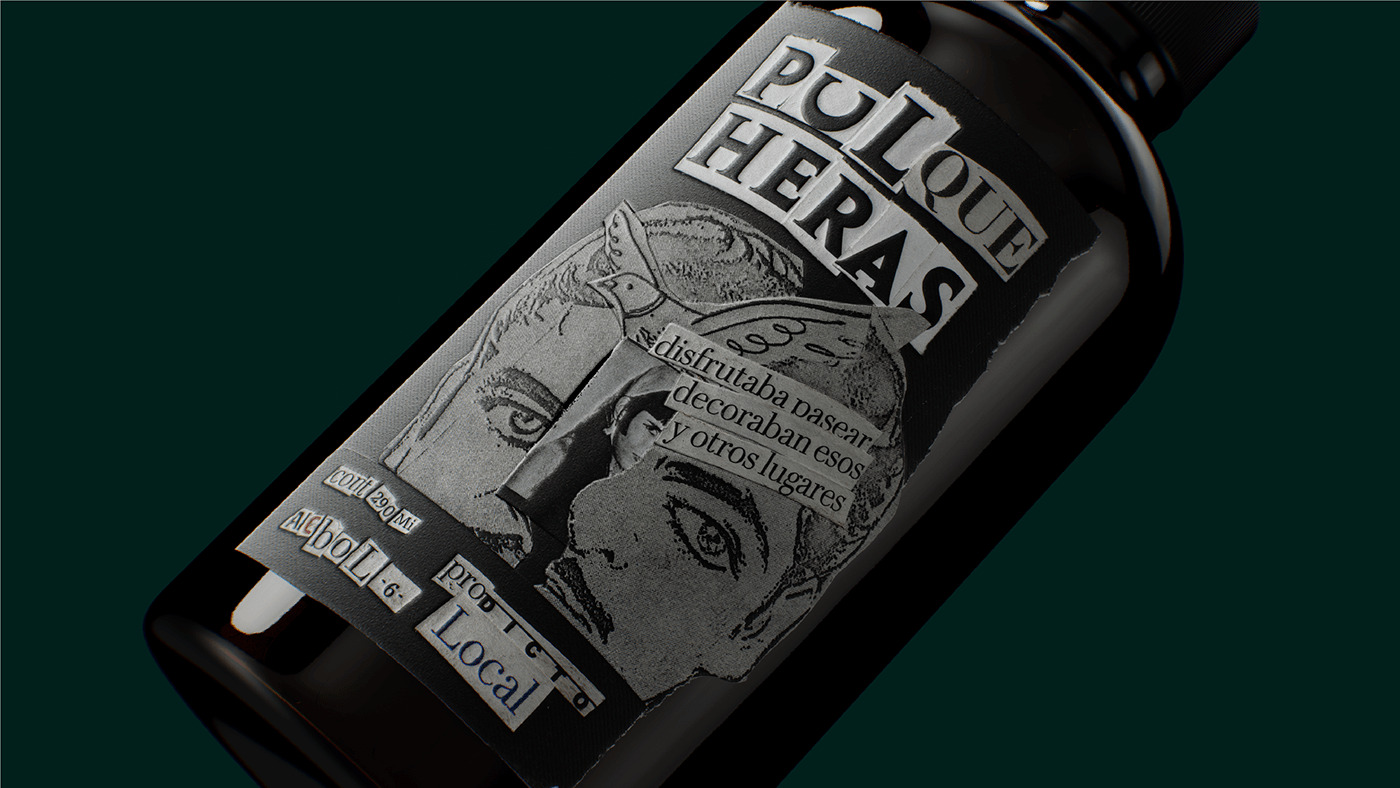
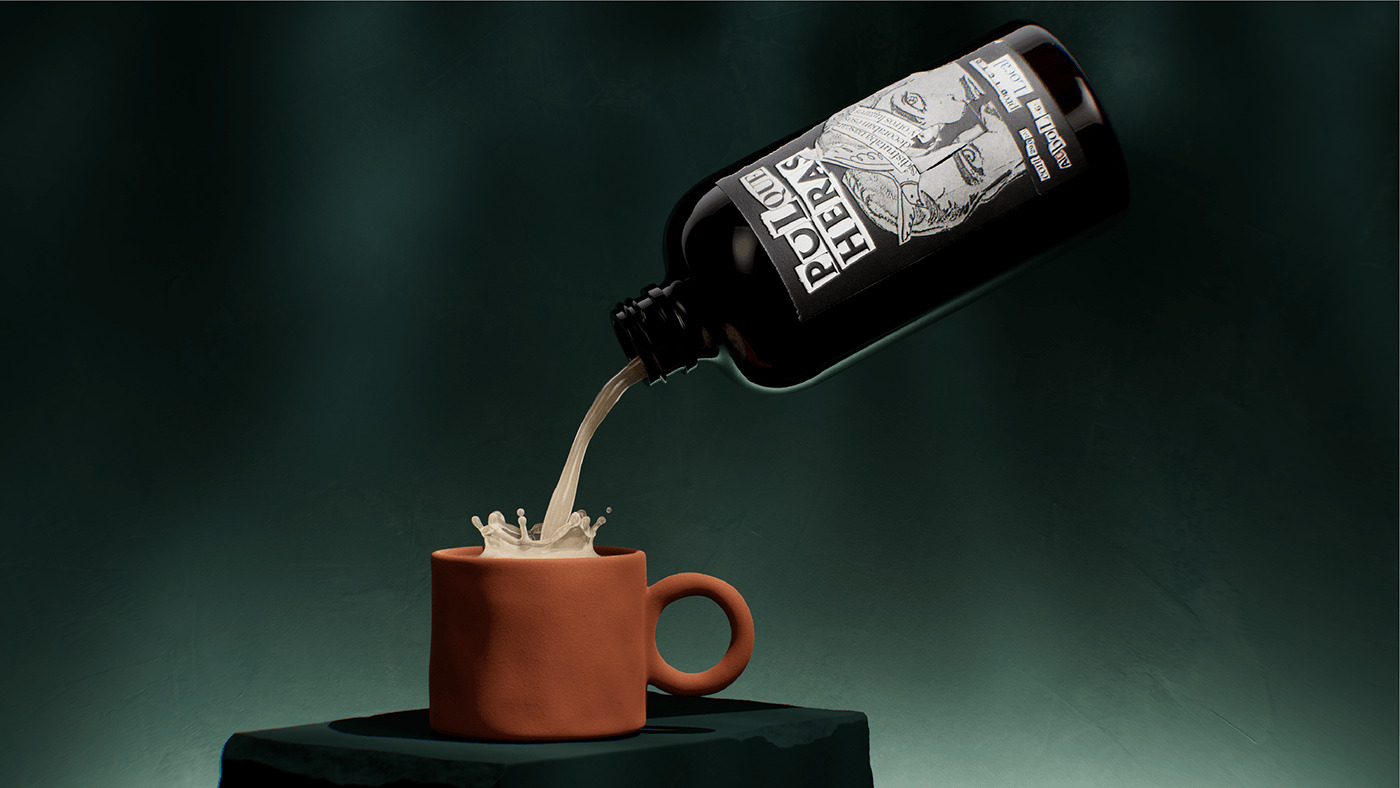

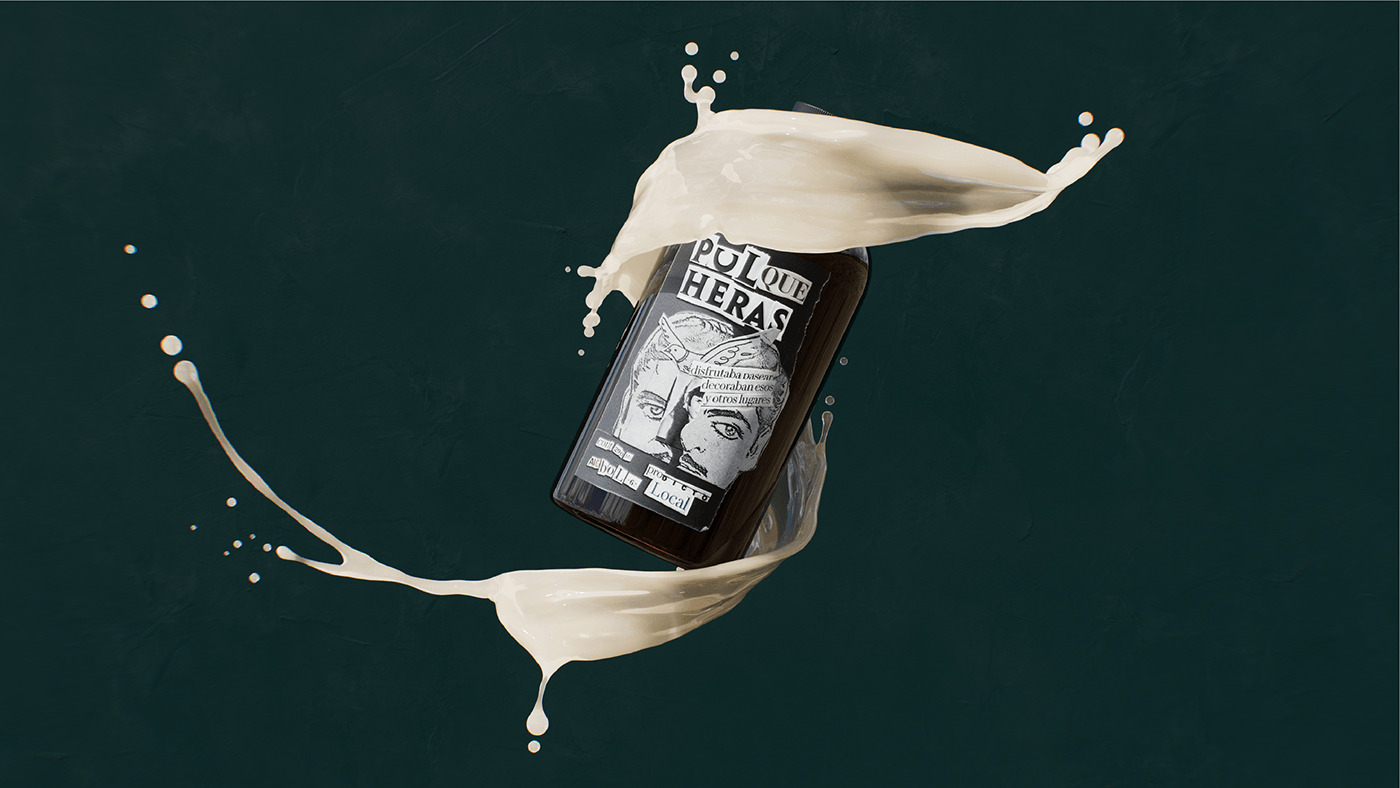
CREDIT
- Agency/Creative: Hi Estudio Multidisciplinario
- Article Title: Hi Estudio Multidisciplinario’s Conceptual Approach to Pulque Heras Reframes Error as a Cultural Perspective
- Organisation/Entity: Agency
- Project Type: Packaging
- Project Status: Published
- Agency/Creative Country: Mexico
- Agency/Creative City: Tepatitlan
- Market Region: Global
- Project Deliverables: 3D Design, 3D Motion, Animation, Brand Creation, Brand Design, Brand Naming, Illustration, Logo Design, Packaging Design, Set Design
- Format: Bottle
- Industry: Food/Beverage
- Keywords: hiestudio, hi, branding, designstudio, tepatitlan, pulque, spirits
-
Credits:
Designer: Mike Gómez











